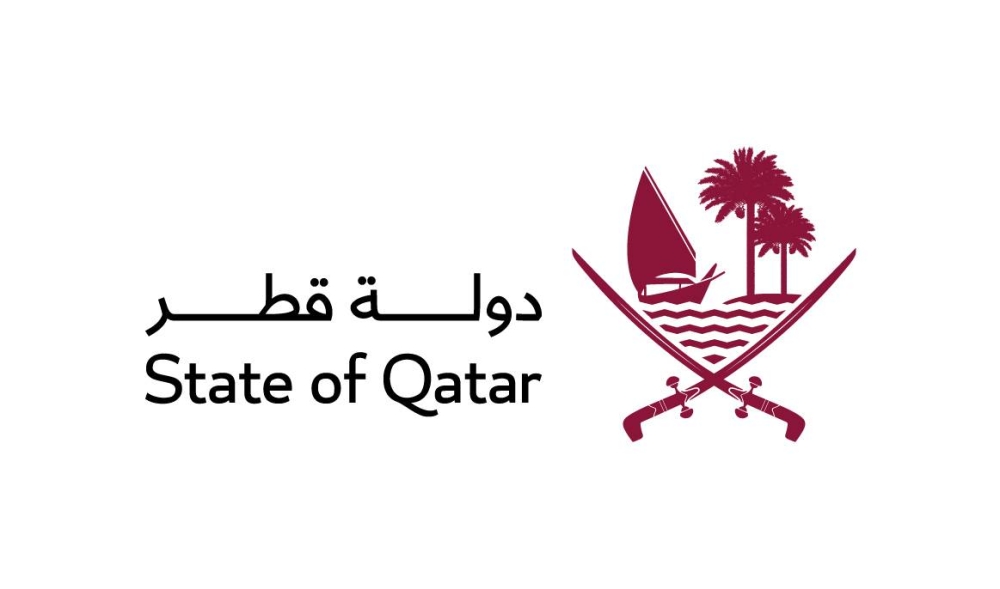The State of Qatar affirmed that the reforming peacekeeping missions and the response to the significant challenges they face, including regional threats, the impacts of climate change, disinformation, funding shortages, and other challenges, can only be achieved by strengthening multilateral cooperation.
This came in the State of Qatar's statement delivered by the Second Secretary of Qatar's Permanent Mission to the United Nations Sheikh Jassim bin Abdulaziz Al-Thani, before the Fourth Committee Meeting on Agenda Item 51, "Comprehensive Review of the Whole Question of Peacekeeping Operations in All Aspects," at the United Nations Headquarters in New York.
The Second Secretary of Qatar's Permanent Mission to the UN explained that peacekeeping operations are a vital and indispensable tool for maintaining and promoting international peace and security. He added that the State of Qatar has remained committed to supporting the efforts of international peacekeeping missions through its direct participation in peacekeeping forces, contributions to their budgets, and involvement in their reform efforts, as peacekeeping remains one of Qatar's foreign policy priorities.
He expressed the State of Qatar's pride in its early accession to UN Secretary-General's Declaration of Shared Commitments, which is called Action for Peacekeeping (A4P) initiative, noting that the Declaration of Shared Commitments represents a significant international consensus on enhancing peacekeeping missions and providing protection for peacekeepers and civilians.
He emphasized the need to implement the provisions of the "Pact for the Future" and its new peace plan proposed by the Secretary-General, particularly in relation to advancing international cooperation to enhance the effectiveness, diversity, and inclusivity of peacekeeping missions, and strengthening mechanisms for the protection of civilians.
He said that the State of Qatar, which takes pride in its contribution to the United Nations Interim Force in Lebanon (UNIFIL), expresses its appreciation for the peacekeepers' great sacrifices in protecting civilians and creating the conditions necessary for sustainable peace, especially in light of the significant risks they face in conflict and crisis zones. This, he said, requires a collective international response to mitigate aggression and counter the systematic disinformation campaigns targeting international peacekeeping missions.
He also renewed the State of Qatar's condemnation of the repeated attacks targeting the UNIFIL, including the attack on Nov. 7, which resulted in injuries among the force members of Malaysian nationality, stressing the need for an immediate and independent international investigation into the circumstances of this attack and called on the international community to take decisive measures to compel the Israeli occupation to immediately halt its aggressive attacks and repeated violations of international law.
He referred to the State of Qatar's signing of the Joint Statement by UNIFIL troop-contributing countries on Oct. 11, noting that the statement affirmed full support for the mission and activities of UNIFIL to carry out its mandate to achieve peace and stability in southern Lebanon and the Middle East.
Sheikh Jassim bin Abdulaziz Al-Thani said that the State of Qatar recognizes the importance of integrating the goals of Women, Peace, and Security (WPS) agenda in international peacekeeping operations. He also welcomed the ongoing efforts to increase the participation of women at all levels of peacekeeping, including leadership positions.

